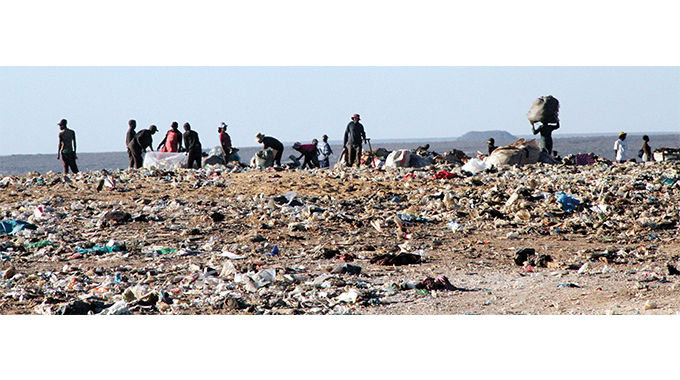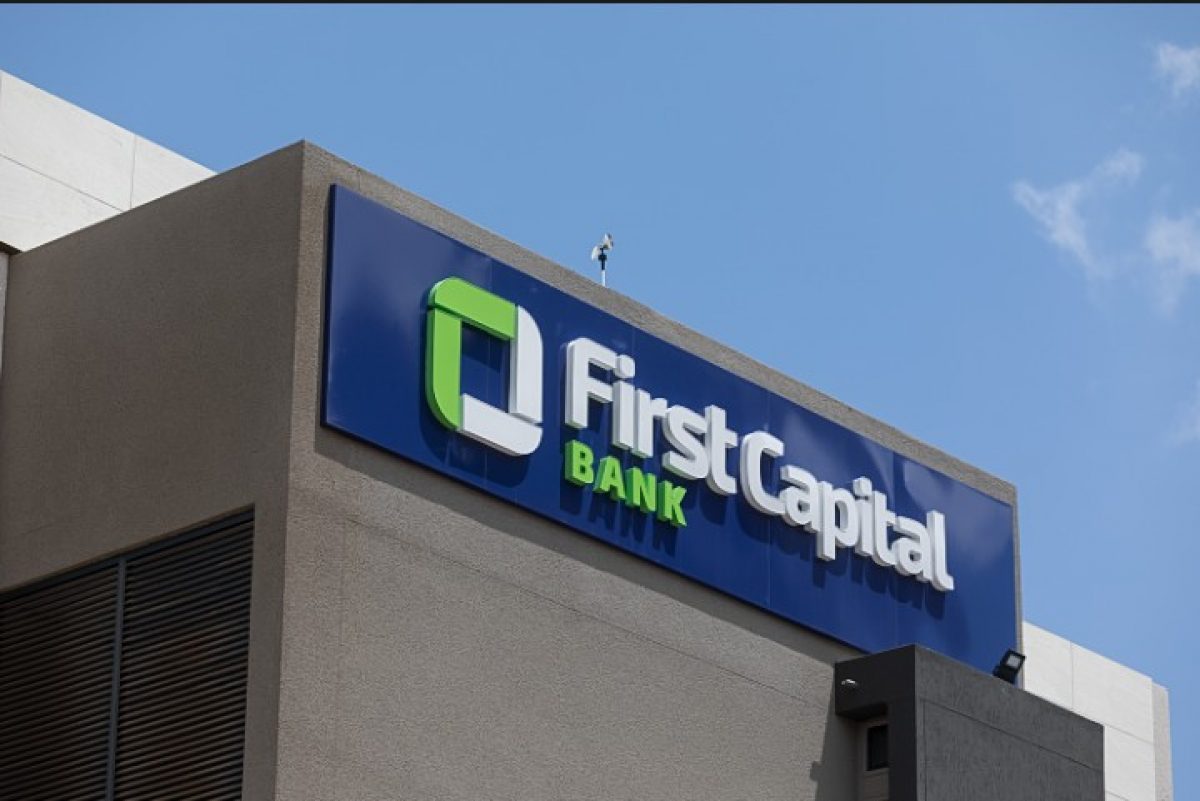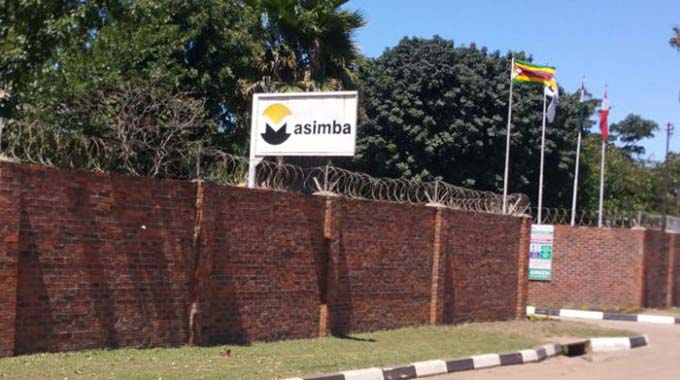First time property buyer beware!
There is a Latin expression “caveat emptor” meaning “buyer beware!”. Home ownership is an exciting aspiration for many Zimbabweans and in the euphoria of acquiring ones first home, some sobriety around the costs is required.
Your home is likely to be the largest single asset you acquire in your life and probably the largest ongoing expense outside of educating your children. Forewarned is forearmed so let us unpack the costs attendant to acquiring and maintaining a home.
Buying a house /stand with a deed
If you are buying a property with a title deed, you will need to have a specialist lawyer called a conveyancer to attend to the transaction to get your title deed issued. The Law Society of Zimbabwe Bylaw’s 2013 (Conveyancing fees) lay down a sliding scale of fees. You will need to budget between 1-4 percent of the purchase price.
If you are being prudent and want to be protected with a sale agreement that protects you, you can budget up to 1 percent or the purchase price for an attorney offering this service.
If you are buying with a mortgage
When using a funders money to buy your property such as your building society or employer, it will be a requirement for them to register a mortgage bond over the property to secure their loan against your title deed. Again, this is dealt with by the conveyancer. You should budget on a 2.5 percent fee on the value of the debt as a charge for this.
Building societies need to protect their interests so will want to see that the loan extended is covered by the valuation of a property. You can anticipate valuation fees range in the 1-1.5 percent of the value of the property for assessment which will need to be paid in cash upfront rather than added to the loan amount.
The building society will also require you to put up a deposit for the loan they advance you. It sounds counterintuitive, giving the bank money to lend you money but it is a great safety net for you and the bank to ensure the repayments for the loan remain affordable and you have some ‘skin in the game’. A typical deposit is 25 percent but some schemes can allow some flexibility especially if backed by your employer.
You will be charged interest on the outstanding balance of the loan at the prescribed interest rate. These in Zimbabwe range in the 30-40 percent for residential mortgages. Note that interest rates can rise, and this can place huge pressure on a household. Notwithstanding, this monthly payment is a huge commitment that MUST be paid in full and timeously to avoid foreclosure.
To acquire a property in Zimbabwe you will need to conduct an interview with the Zimbabwe Revenue Authority and pass their compliance rules and be able to explain where you got the money to pay for the property.
If you are building, the builder will quote you for “fit and supply” to build your home. Sometimes in order to get the job, they may underquote you and you should have some money in reserve to ‘top up’ the project finances to get to completion. In the current economic environment prices sometimes shortages arise beyond the builders control push prices beyond what was quoted. Most projects should have a 10 percent contingency fund built in.
I always recommend using a qualified professional when you are spending thousands of dollars on a new build. Architects charge up to 6 percent of the value of the project and offer a vital quality control role in delivering your project.
Building requires a set of plan approvals and inspection fees as the project progresses. These will need to be met out of pocket.
Once the property is in your name, a liveable property requires the connection of water, electricity, and sewer. These connections are handled by the municipality and Zesa in your area. The previous owner will have paid up their accounts and you will need to reconnect these services in your own name. This will require you providing proof of residence documentation and a deposit for services. In the case of electricity, you might have to purchase a prepaid meter.
The Municipality in your area should provide you water and refuse collection at a minimum (though this is subject to availability). For these services they levy a user charge. In 2020, City of Harare increased refuse collection fees ninefold and water and sewer quadrupled (Herald 26 Oct 2020).
Over and above that they charge rates and taxes based on the value of the property. There is an alarming trend for rates and taxes increases to be astronomical. An average township house rates bill is $ 56 while a Borrowdale property $1 000 per month (Herald). It’s not just Harare alone with rates increases, Mutare reportedly proposed a 500 percent increase in rates. Rates are a permanent obligation on the homeowner and the service provider may cut services if payment is not forthcoming.
It is advisable for a prudent homeowner to insure the property against destruction by fire or accident. A funder will not do that and you will have to meet a monthly insurance premium. Further to that, they might also oblige you to take out life cover to pay them out should you pass on before paying them their debt in full. A word to the wise, please DO take the life cover so that your beneficiaries inherit the house debt free on your passing on.
Repairs and maintenance
For a house to maintain value you will need to spend some money keeping it functional 1st and aesthetically pleasing thereafter. Plumbing gets old, electrical wires need updating especially in these modern times where every room has a gadget charging. You should budget up to 5 percent of the market rental of the property to go into repairs for the property.
Going Green makes financial cents (and sense)
A great cost saving expense is water harvesting. With water costing up to US$40 / 5 000 litres, you can install a 5 000l water tank for US$400 and collect water off your own roof for free. Fresh rainwater is perfectly safe for bathing and flushing in your toilets.
Save of your electricity bills by considering installing solar systems together with a hybrid inverter. The capital costs upfront are repaid with lower electrical bills over time.
Your home is an investment. Any investment comes with attendant costs. Please draw up a budget and plan for the costs ahead of time and manage your cashflows to enable you to enjoy your hard- earned asset.
I had the pleasure of serving on Credit Committee of a local Building society and found most buyers really stretched themselves when acquiring real estate.
Be prudent in planning your financial budget and not over burdening yourself in the excitement to buy real estate.–herad.clz.w










